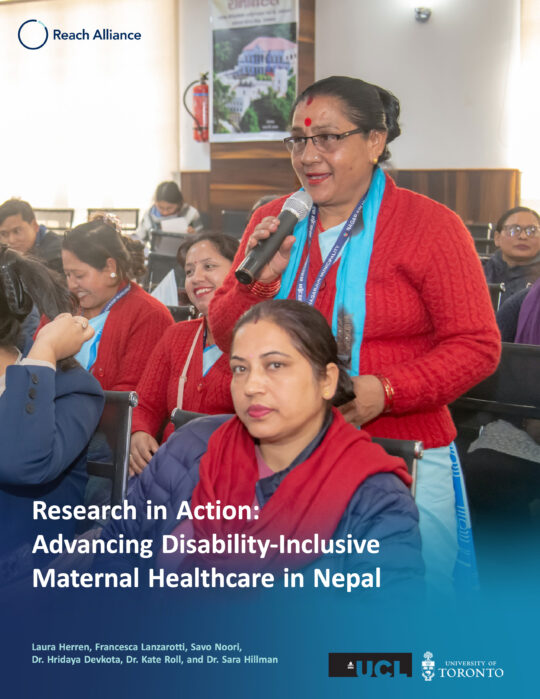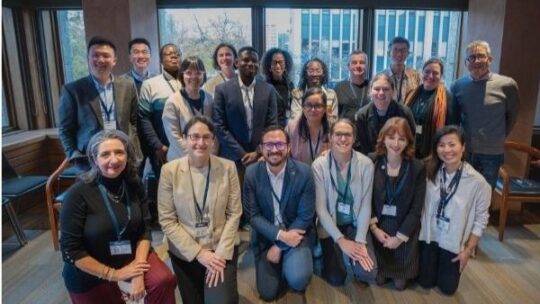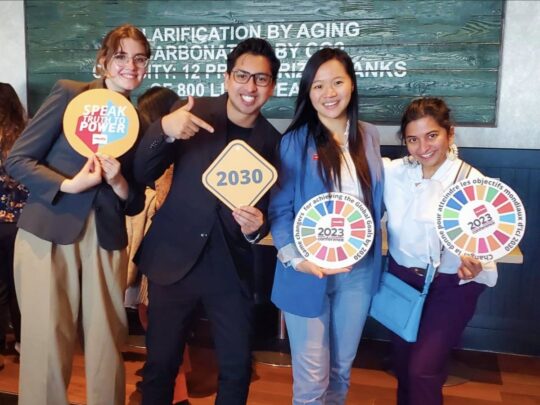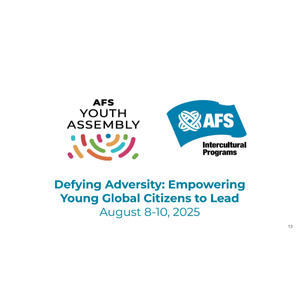News: Alumni, Latest News
Meet Kim Skead of Team South Africa 2015-16: Birth Registration in South Africa
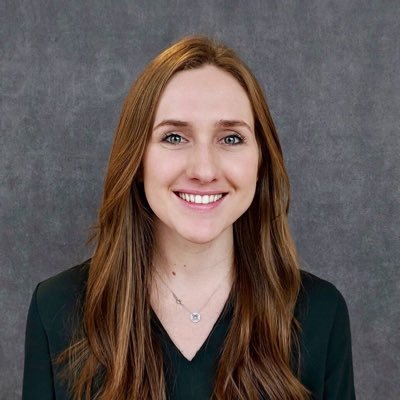
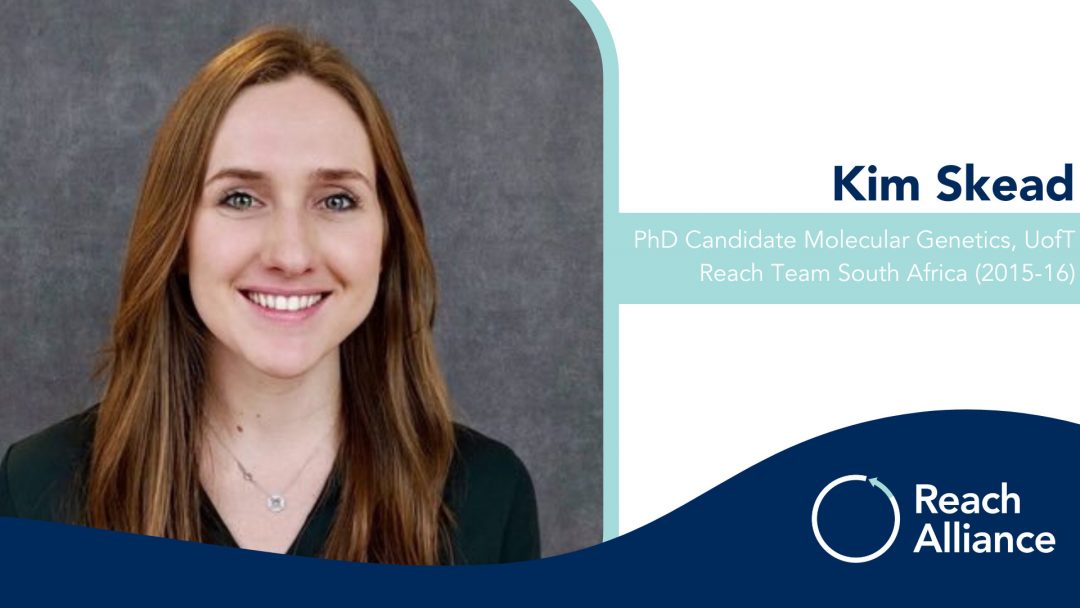
Meet Kim Skead (Doctoral Candidate) from Team South Africa
Can you tell us more about what you’ve been up to since Reach and anything you are working on now?
I joined what was then the Reach Project in my third year of my undergraduate degree in 2015 to study the scale-up of birth registration in post-Apartheid South Africa. Now, I am in the final year of my PhD in the Department of Molecular Genetics at the University of Toronto. My doctoral research is focused on understanding how our immune systems evolve as we age and develop disease.
You’ve had the unique opportunity to join Reach as a researcher and team mentor. Can you speak to what you learned/your experience in each role?
One of the driving forces of the Reach Alliance’s success is that it is student-led research with a global impact. As a student, I learned how to be curious. As a mentor, I learned how to encourage curiosity. The Reach Alliance does away with hubris and encourages us to learn from one another regardless of rank, expertise, or the number of degrees that we have so that we are able to collectively find solutions to some of the world’s most pressing challenges.
How did your experience in Reach inform your career path [e.g., your case study focused on birth registry in South Africa- how (if at all) did this impact you seeking an opportunity after Reach?
Simply put, I fell in love with research. Through the Reach Alliance, I have had the opportunity to work with teams of incredible students and been lucky enough to learn from exceptional faculty mentors who have encouraged curiosity, critical thinking, and have empowered me to take ownership of finding answers to the questions that keep me up at night.
What takeaways or skills [personal or professional] did you gain from your Reach experience that you are applying to your work or study?
My time as a Reach Alliance researcher was one of the most formative experiences of my undergraduate career and plays a role in shaping the research questions that I ask to this day. As a scientist, we are encouraged to strive for innovation, for discovery, and my time at the Reach Alliance reminds me that it is critical that we also remember to have an impact.
What is your fondest memory from your experience in Reach?
The Reach Alliance has a uniquely optimistic global health and social service delivery perspective. By design, the students are tasked to seek out shining examples of essential service delivery that are working so well that they are reaching everyone, everywhere. The fieldwork that we, as students, do through the Reach Alliance gives us an opportunity to meet the incredible people who are driving these programs and to learn how they are achieving what so few others have been able to accomplish. Without question, my fondest moments have been those minutes that you spend talking to a community leader of a food program in Guadalajara or the driver of a mobile outreach van in the informal settlements of South Africa. Oftentimes, these conversations reveal the true mechanisms, the human commitment, that is allowing these interventions to reach the last mile so that everyone is able to benefit from them.
What advice would you give to researchers currently preparing to be put into teams and begin their Reach experience?
Challenge yourself to learn something new! The beauty of the Reach Alliance is that it brings students from across the university together to tackle global challenges that often span multiple fields or lie completely outside your own field of study. As a geneticist, challenge yourself to take a deep dive into the political landscape of your case-study. As an engineer, learn about the legal frameworks within which the intervention you are studying operates. A fresh perspective can sometimes be the key to understanding the core components driving the success of a particular intervention or program.
What tips or words of encouragement would you give to someone who is interested in applying to the Reach initiative?
My advice to any students who are interested in applying to the Reach Alliance is to just send in the application. The Reach Alliance leadership team have created a model of student-led research with a global impact that is being recognised by institutions across the world. Beyond the research outputs alone, the Reach Alliance represents a community of incredibly talented students and faculty who are passionate about making the world a better place for everyone. If you want to be a part of the Reach Alliance: send in the application, reach out to the faculty, and reach out to the alum. Every person who has been a part of the program started off by sending in an application and we are all happy to help you and share our experiences in the program with you.
